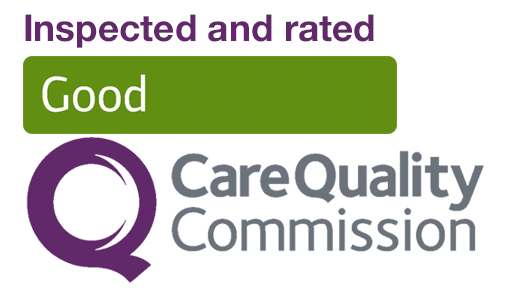So finally, you decide to have a baby, and you can’t wait for any more to experience that baby bump? Don’t rush, it is not a miracle! It takes time to conceive. Know your ovulation first and then start planning for it, as ovulation differs for each woman according to their menstrual cycle.
During each menstrual cycle, a normal couple who are not using any birth control has a 20 to 30 percent chance of getting pregnant, it can differ from each woman and also the age.
It is unusual to know that you can only get pregnant in the time when you’re ovulating, there is a small period in every month when the egg is released between 12 to 24 hours and is ready for fertilisation.
What is ovulation?
Ovulation is when the egg is released and ready for fertilisation. This will occur between 13 to 15 days of the average 28 days of the menstrual cycle considering from the first day of one period to the first day of the other.
After the egg is released, it is moved to the fallopian tube, and if the sperm is present in the fallopian tube during that time then the egg is fertilised, and there is a great chance of you getting pregnant!
Natural pregnancy is only possible by having sex at the right time that is five days before ovulation or on the day when your ovulating. The one who are trying to get pregnant can have sex 2 to 3 days in the period your ovulating.
The menstrual cycle is divided into two phases:
1) Follicular Phase
The time between the first day of period and ovulation. Estrogen rises as an egg prepares to be released.
2) Luteal Phase
The time between ovulation and before the start of menstruation. In this stage, the body prepares for a possible pregnancy.
When you are trying to get pregnant where to start from? It’s a good idea for you and your partner to get checked by your GP to ensure you are in good physical health, this typically involves blood tests to help with a review of your health. The doctor will check :
- Pap smear test
- Check rubella & chicken pox status
- Review current medications
- start taking folic acid
For both parents, it’s time to commit to a healthy lifestyle.
- quit smoking
- any recreational drug use.
- Optimize your weight for a healthy BMI
- Review your diet and alcohol intake and reduce if necessary
- Ensure you exercise regularly
Don’t be disheartened if you don’t fall pregnant straight away. In healthy younger couples, only about 20% will fall pregnant in a month of trying. But 60% will fall pregnant after six months and 80% after a year of trying. However one in fix couples will need help if the female partner is 35 or younger. You should seek the advice of a fertility specialist after trying for a year. If your age is 35 or older you should seek help after six months as further delay may affect the quality of your eggs.


